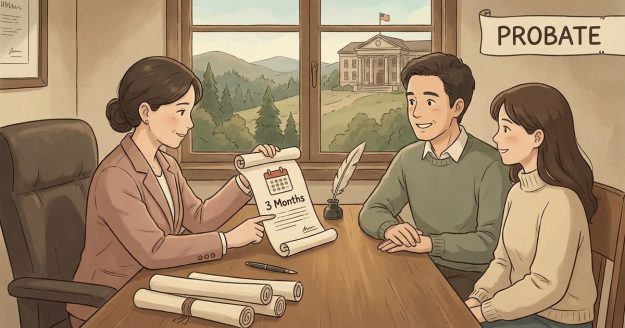How can I contest a will that cuts me out if I believe my sibling used a power of attorney to influence it? nc
How can I contest a will that cuts me out if I believe my sibling used a power of attorney to influence it? – North Carolina Short Answer In North Carolina, the usual way to contest a will is to file a caveat in the decedent’s estate file with the Clerk of Superior Court. A…











